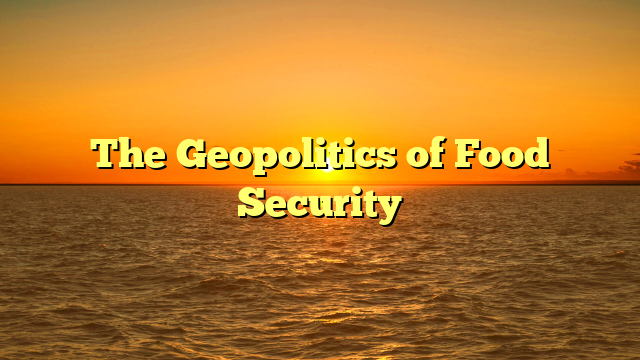Global food security has emerged as a central political issue, with implications for stability, trade, and governance. Climate change, conflict, and supply slot gacor Naga169 chain disruptions are combining to create a crisis that threatens millions of livelihoods worldwide.
The war in Ukraine continues to impact grain exports, pushing up prices in Africa, the Middle East, and Asia. Extreme weather events, from droughts in East Africa to flooding in South Asia, further strain production. Meanwhile, export restrictions in major agricultural nations exacerbate shortages.
International institutions are attempting coordinated responses. The UN’s Food and Agriculture Organization calls for emergency aid and better trade management, while the World Food Programme highlights the urgent need for financing and logistics support.
Geopolitics has become tightly intertwined with food. China, India, and Gulf states are investing in farmland abroad to secure supplies, prompting accusations of “land grabbing” and raising sovereignty concerns. Trade agreements and regional pacts are increasingly framed around food security rather than purely economic goals.
Experts warn that unresolved food crises could trigger migration, unrest, and political instability. “Food is now as much a security issue as an economic one,” said FAO Director Qu Dongyu.
As nations confront the growing politics of sustenance, managing food security will require innovation, cooperation, and diplomacy — or risk compounding global instability.
